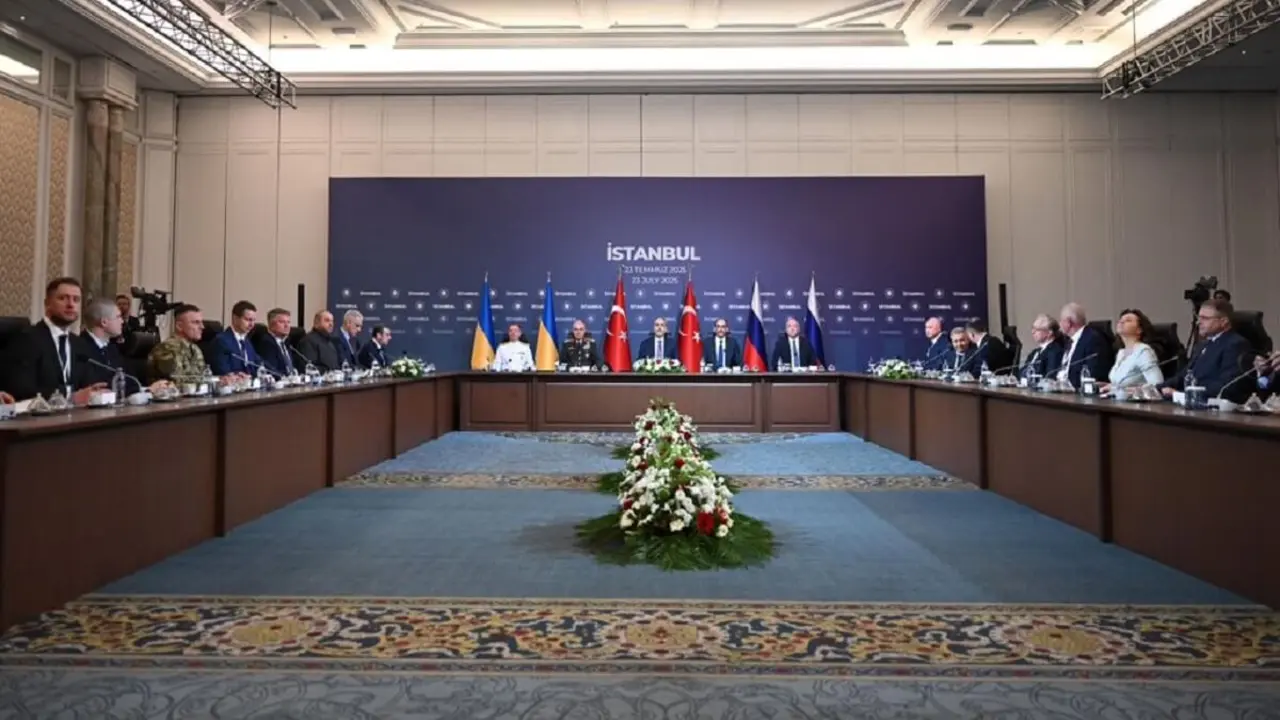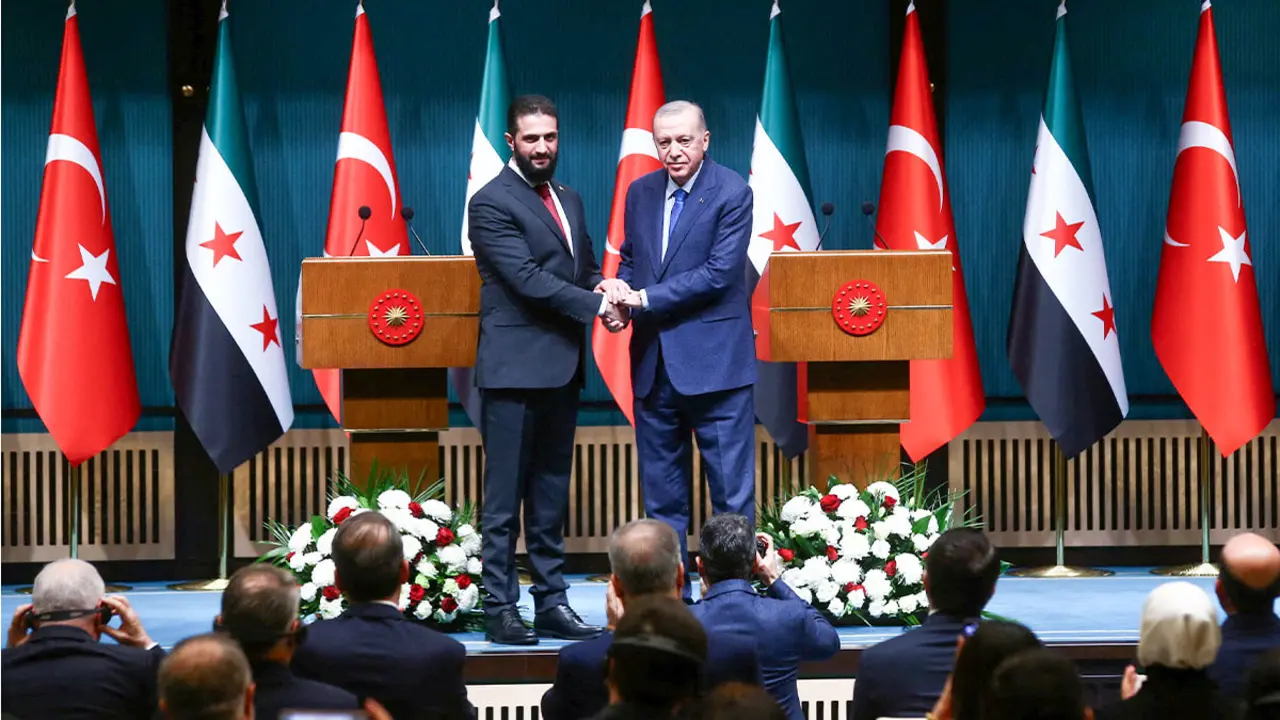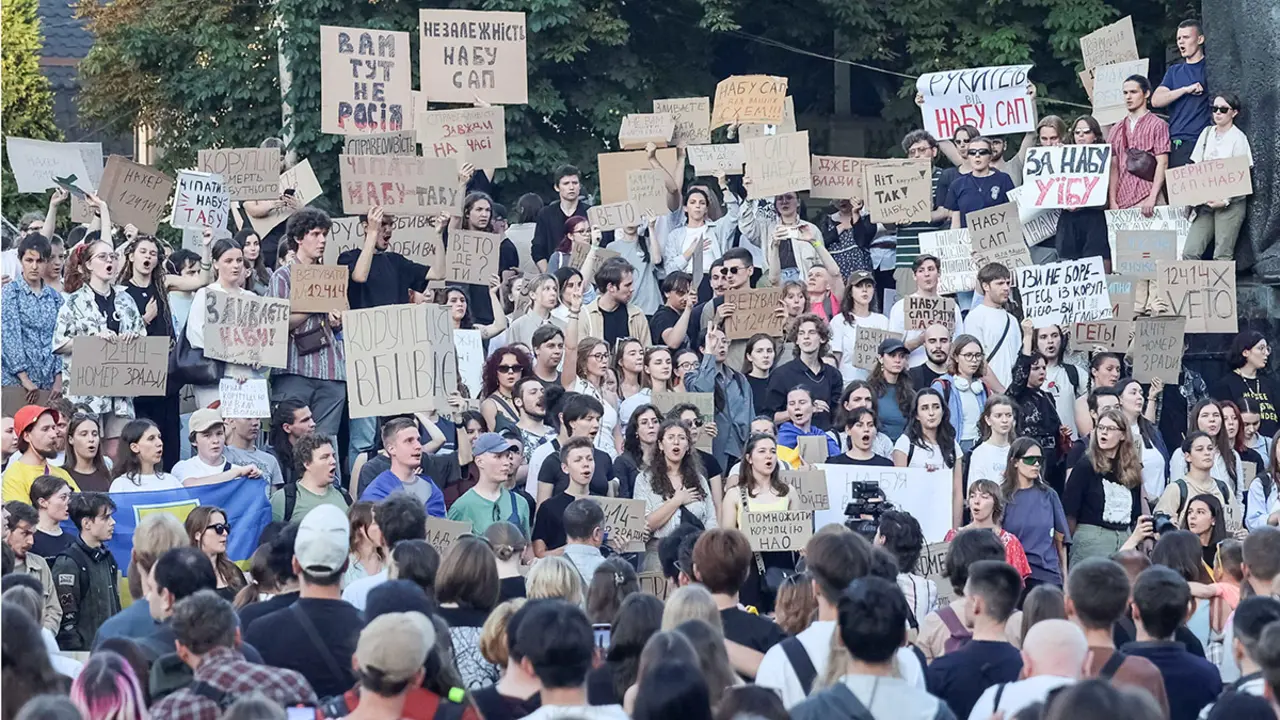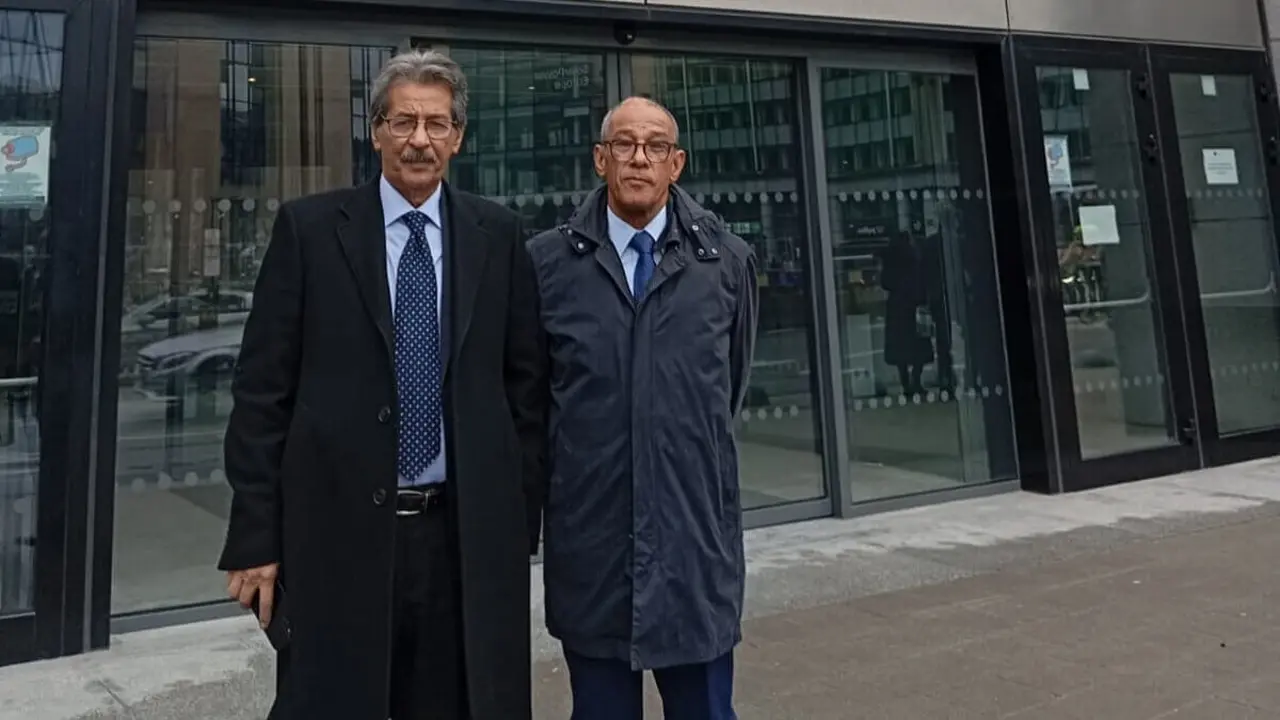Global terrorism and the UK's double standards
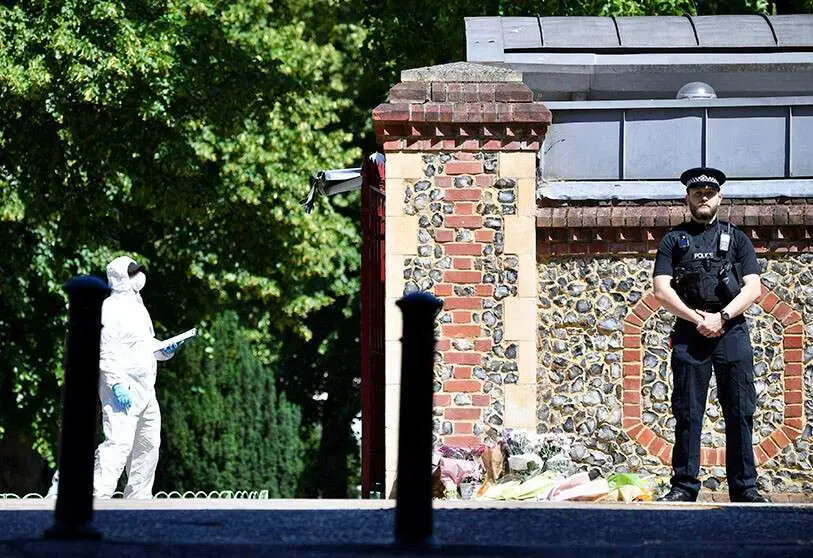
The multiple stabbings in the town of Reading, in England, in which at least three people lost their lives, has shown, after the COVID-19 pandemic, the resilience and the adaptation to the new world order of the different terrorist organizations, with special settlement in European countries like the United Kingdom or Spain, where the Police has made several arrests of dangerous terrorists in the last weeks, one of them returned from Syria. In London, there is growing criticism of the security forces for not tightening their surveillance of suspects such as the perpetrator of the attack in Reading who had a file and giving him enough time to commit the crimes.
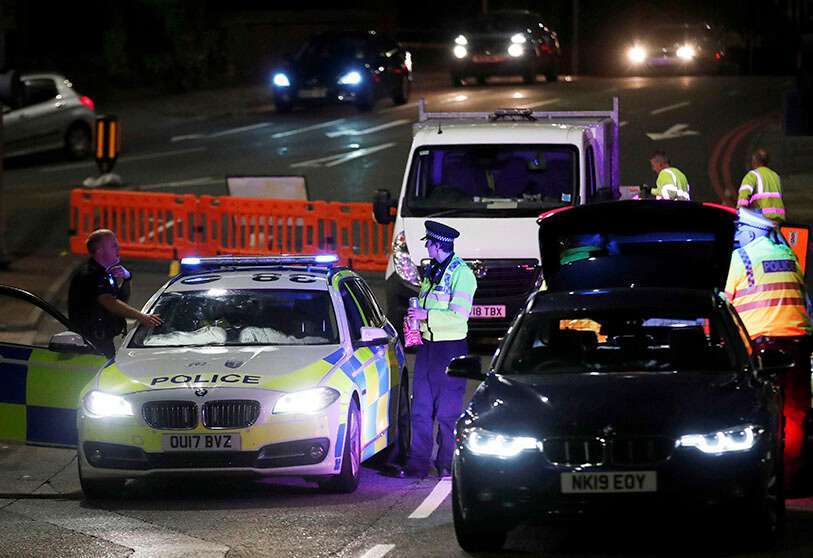
The terrorist attack took place in Forbury Gardens, a centrally located park between London and Oxford, shortly after a peaceful protest against racism was held there as part of the Black Lives Matter movement. This attack has revived the debate on the double standards of the old continent, which supports certain military militias such as the Government of National Accord (GNA) or the Libyan National Army (LNA) in the North African nation, and only pays attention to their danger when their interests or safety are threatened. The arrest of a Libyan asylum seeker in connection with this triple murder has also highlighted the UK's complex relationship with certain Islamist movements.
This double standard is also present in the unequal media attention to these events, depending on who is responsible or the nationality of the victims. Research by digital Middle East Online has concluded that there was a link between the Reading and Manchester terrorist attacks. The suspect in Saturday's attack had been diagnosed with post-traumatic stress disorder, depression and a personality disorder, according to information available to the Guardian. A year ago, Khairi Saadallah, a young man of Libyan origin, was preparing to travel to Syria to join militias controlled by the Turkish intelligence services. However, his ambitions were frustrated after the British security services prevented him from travelling.
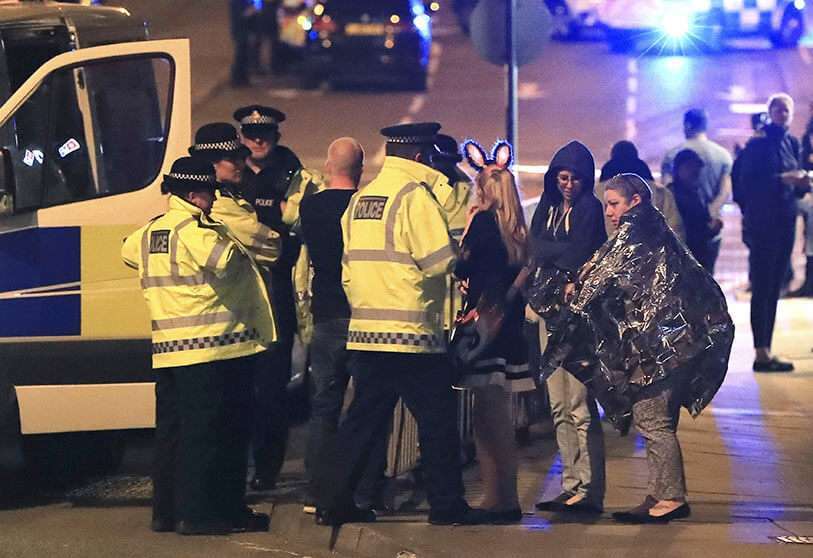
On May 22, 2017, there was an explosion at the Manchester Arena, at the end of a concert by American singer Ariana Grande. This attack-which killed 22 people and injured 116-was a clear reminder that security forces could not let down their guard in the face of a phenomenon like global terrorism. Following the attack, then British Prime Minister Theresa May decreed that the level of risk in the UK was now "critical", involving the use of military personnel to protect key locations and increasing their presence on the streets. Terrorism has since been a threat to the security of the old continent, as well as to the values of democratic societies and the rights and freedoms of Europe's citizens. Such events led the European Union to adopt a comprehensive approach to tackle "the problem of foreign fighters and indigenous terrorism".
The person responsible for the Manchester bombing was identified as Salman Abedi, a young man born in Manchester to a family of Libyan origin. Abedi had been rescued from Libya by the British Navy three years earlier, the Daily Mail reported, along with other British citizens. The young man's father, Ramadan Abedi, was a security guard at the time of the Muammar al-Qadhafi regime, before defecting in the early 1990s and joining the Libyan battle group led by Abdel Hakim Belhaj. Ramadan, who subsequently joined the Umma Party led by Sami al-Saadi and was granted political asylum in the UK in 1992, returned to Tripoli in 2011 to take up the post of administrative director of the Central Security Forces under the authority of the National General Congress, according to the research elaborated by Middle East Online.
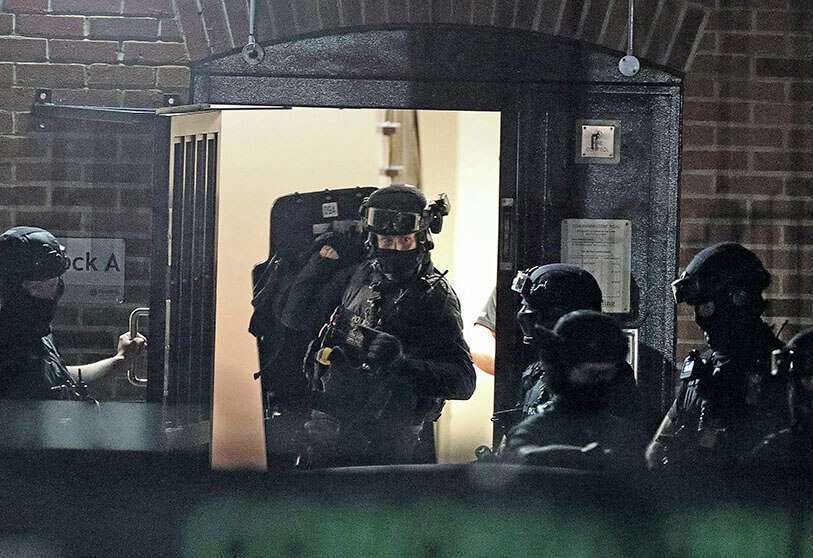
In July 2019, the National Accord Government succumbed to British pressure, handing over Salman's brother, Hashem Abedi, who was accused of killing 22 people in the Manchester bombing, to London. However, the sentence had to be postponed due to travel restrictions to cope with the spread of the coronavirus.
In April 2018, the British government admitted to having links with former members of a Libyan armed group linked to al-Qaeda. "During the Libyan conflict in 2011, the British Government was in communication with a wide range of Libyans involved in the conflict against the forces of the Qadhafi regime. It is likely that this included former members of the Libyan Islamic Fighting Group and the February 17 Martyrs' Brigade, as part of our extensive engagement during this time," said the then Foreign Minister, Alistair Burt.
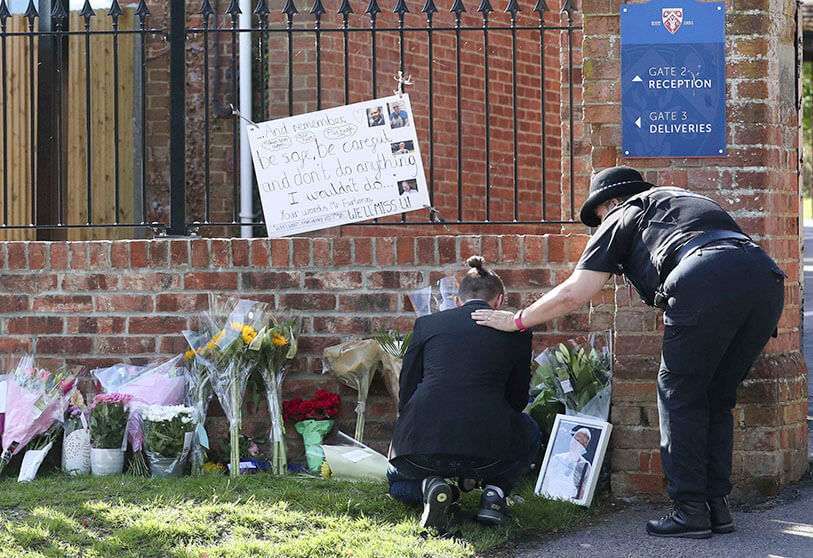
The Times reported on Monday that when David Cameron decided in 2011 to support the forces that overthrew Gaddafi, hundreds of Libyan exiles were allowed to travel to the North African nation to fight the civil war in their country. Among those who traveled were members of the Libyan Islamic Fighting Group (LIFG), an Islamist organization. One of the first people to defend the LIFG flag was Abu Anas al-Liby, who was granted political asylum in the 1990s and who would later become one of the most wanted people by the FBI. . Liby was finally captured by US forces in Tripoli in 2013 and died of cancer in 2015 before his trial in New York.
It was 2004 when British intelligence alerted the CIA to the presence of the leader of the Libyan Islamic Fighting Group in Thailand. Several years later, in April 2019, the British newspaper The Guardian announced that the government had spent over £11 million of public funds resisting demands for an apology, compensation and prosecution for the surrender of Libyan dissident Abdel Hakim Belhaj and his wife, Fatima Boudchar, by MI6 in 2004.
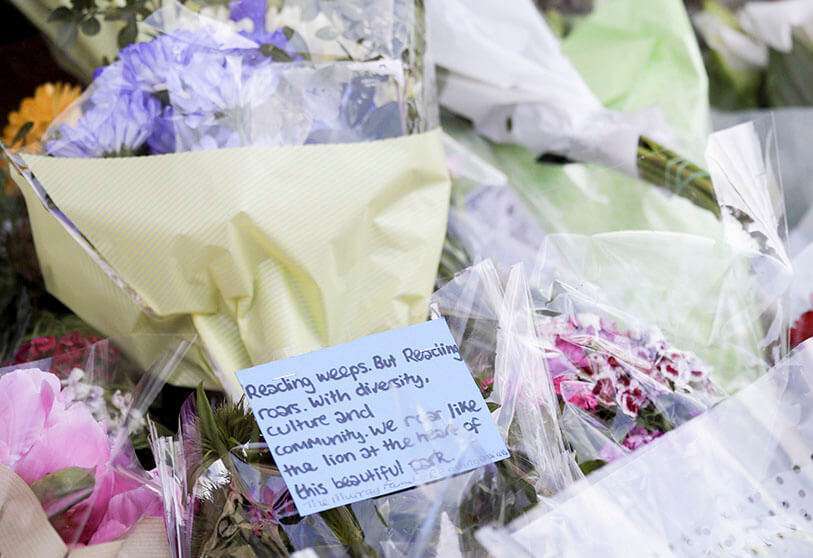
In the end, after eight years of legal action that reached the Supreme Court, Theresa May offered an unprecedented apology in Parliament to both defendants for "the mistreatment they suffered". Belhaj and Boudchar were captured in Thailand by CIA officials in 2004 before being flown to one of Muammar al-Qadhafi's prisons, where Belhaj was tortured and sentenced to death. Instead, Boudchar was four and a half months pregnant when she was abducted and was released shortly before giving birth. Libyan internal security documents that came to light revealed the role of intelligence officers in her abduction, according to the Guardian.
Now, Belhaj, a well-known politician in Libya, has participated in international talks to end the conflict that plagues the North African nation and ensure a stable government in the country. Another person who allegedly returned to Libya was Ramadan Abedi, whose sons are accused of being responsible for the attack on the Manchester Arena.
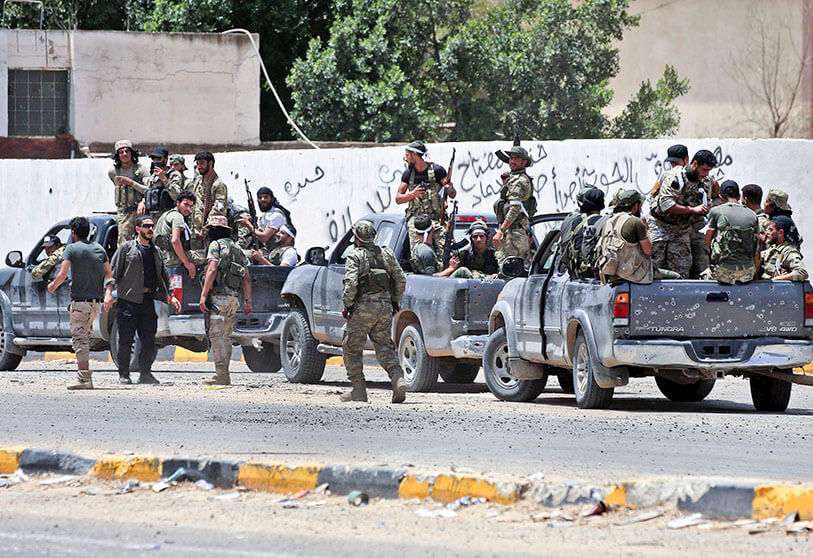
The Libyan National Army accused Britain, also in April 2019, of supporting certain armed militias, benefiting from its permanent membership of the United Nations, while publicly denouncing the dangers of extremism, only when it suffers the consequences of the phenomenon of global terrorism.



